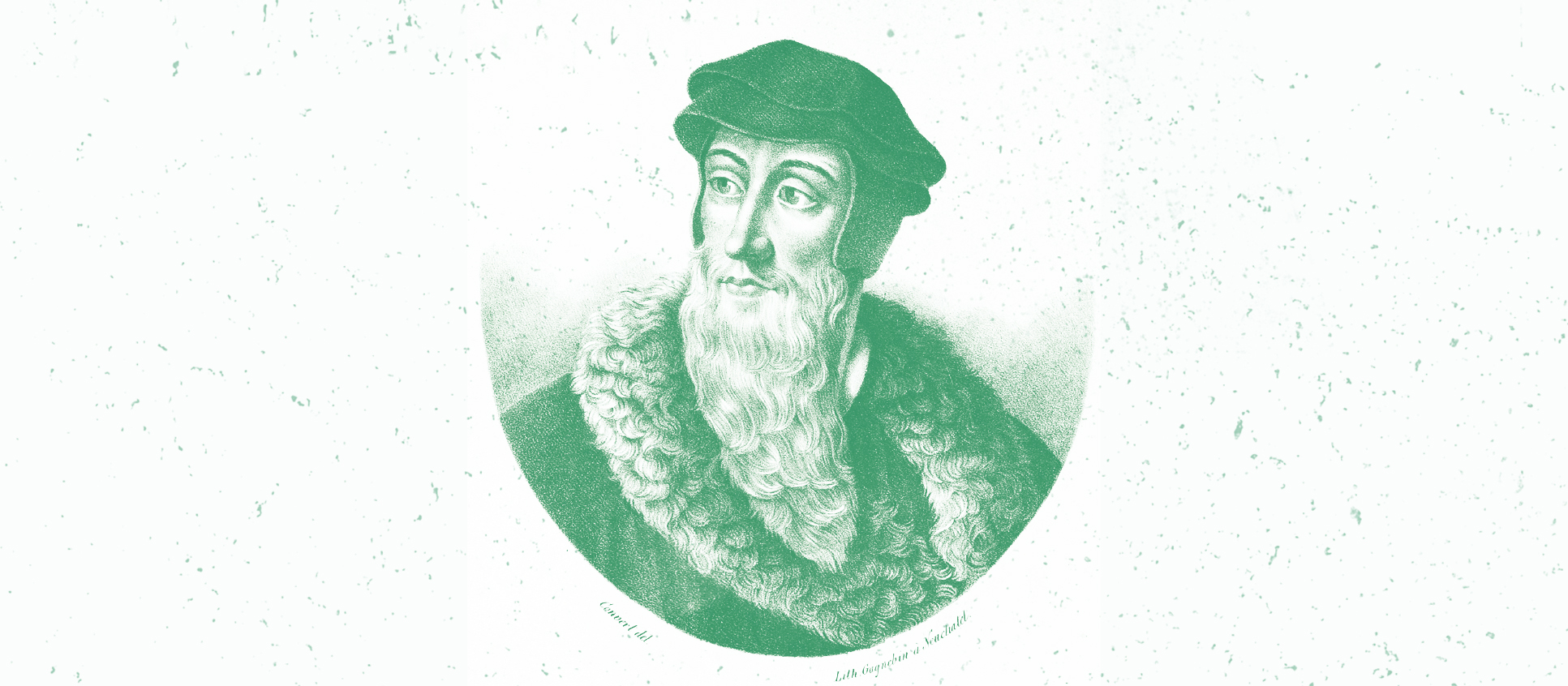Blog 97:3.2.38 - 3.2.42
Blog 97:3.2.38 - 3.2.42
Can we be certain of our salvation? Calvin was neither the first nor the last to tackle the issue of assurance of salvation, and with profound pastoral insight he wants to show how faith and hope co-exist.
He begins in this section, however, by tackling the scholastic view of faith and assurance, and in particular the idea that assurance can be enjoyed only in the light of moral purity and uprightness. Calvin will return to this is 3.15 when he comes to discuss human merit; at this point he simply highlights the fact that no assurance is possible where it is grounded in merit: 'with what sort of confidence will we be armed ... if we reason that God is favourable to us provided our purity of life so merit it?' (3.2.38).
But this is to turn the gospel on its head; in Calvin's words, 'these men devise a Christianity that does not require the Spirit of Christ' (3.3.39). It is true that there is an introspective element to Christian experience - we are called to examine ourselves, after all. But unlike the scholasticism which called for self-merit, the believer knows that faith cannot be separated from the Spirit, and it is in the indwelling Spirit that the Christian rejoices.
In other words, there is a complementarity between the grace of the Spirit and the exercise of faith. The latter grows out of the former, and consciously rejoices in it. Faith is a receiving, non-contributory grace, which enables the believer to say 'this is the Lord's doing' (Psalm 118:23).
For this reason, too, faith is indissolubly linked with hope, to the extent that Paul can say that it is through hope we are saved (Romans 8:24). The grace of God does not come to us with confidence for the present only. The certainty of faith, says Calvin, cannot be limited to a point of time (3.2.41). It rests on promises, and is the substance of things hoped for (Hebrews 11:1). This makes faith the primary grace, out of which all other graces flow. This is in opposition to the scholastic theologians who prioritised love over faith and hope. This, says Calvin, is madness - it is living faith in Christ that engenders love to him and hope in him.
Calvin has a magnificent discussion in 3.2.42 on the relationship between faith and hope. 'Hope', he says, 'is nothing else than the expectation of those things which faith has believed to have been truly promised by God'. Faith believes the promises; hope awaits their fulfillment. Faith is the foundation of hope, but hope, in turn, is the nourisher of faith. It also restrains faith, 'that it may not fall headlong from too much haste'. It strengthens faith, it refreshes and invigorates faith.
Such hope is the necessary companion of faith, if for no other reason than that the Lord often delays fulfilling his promises to us. It is hope that enables faith to wait on the Lord.






